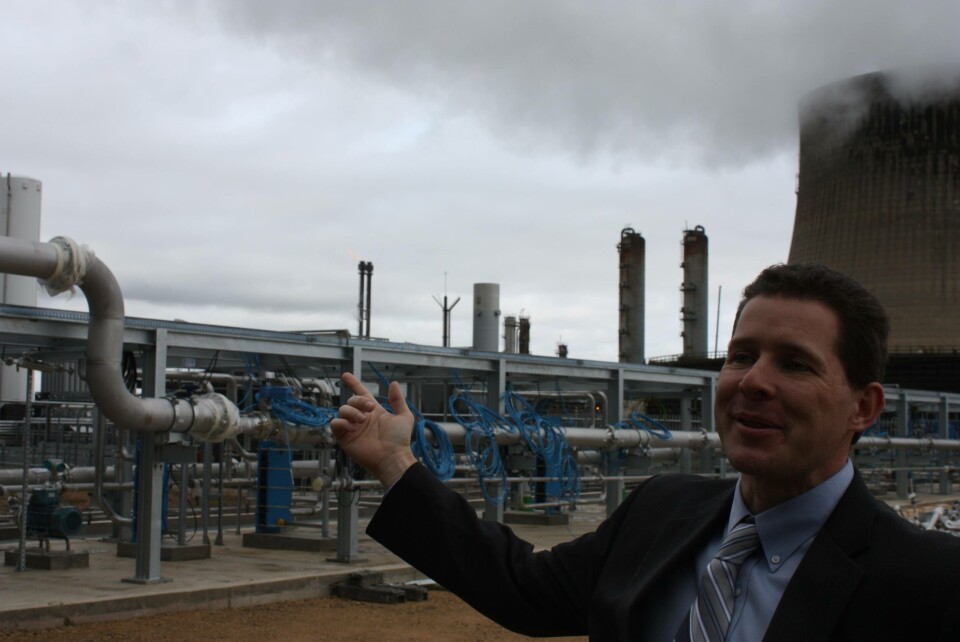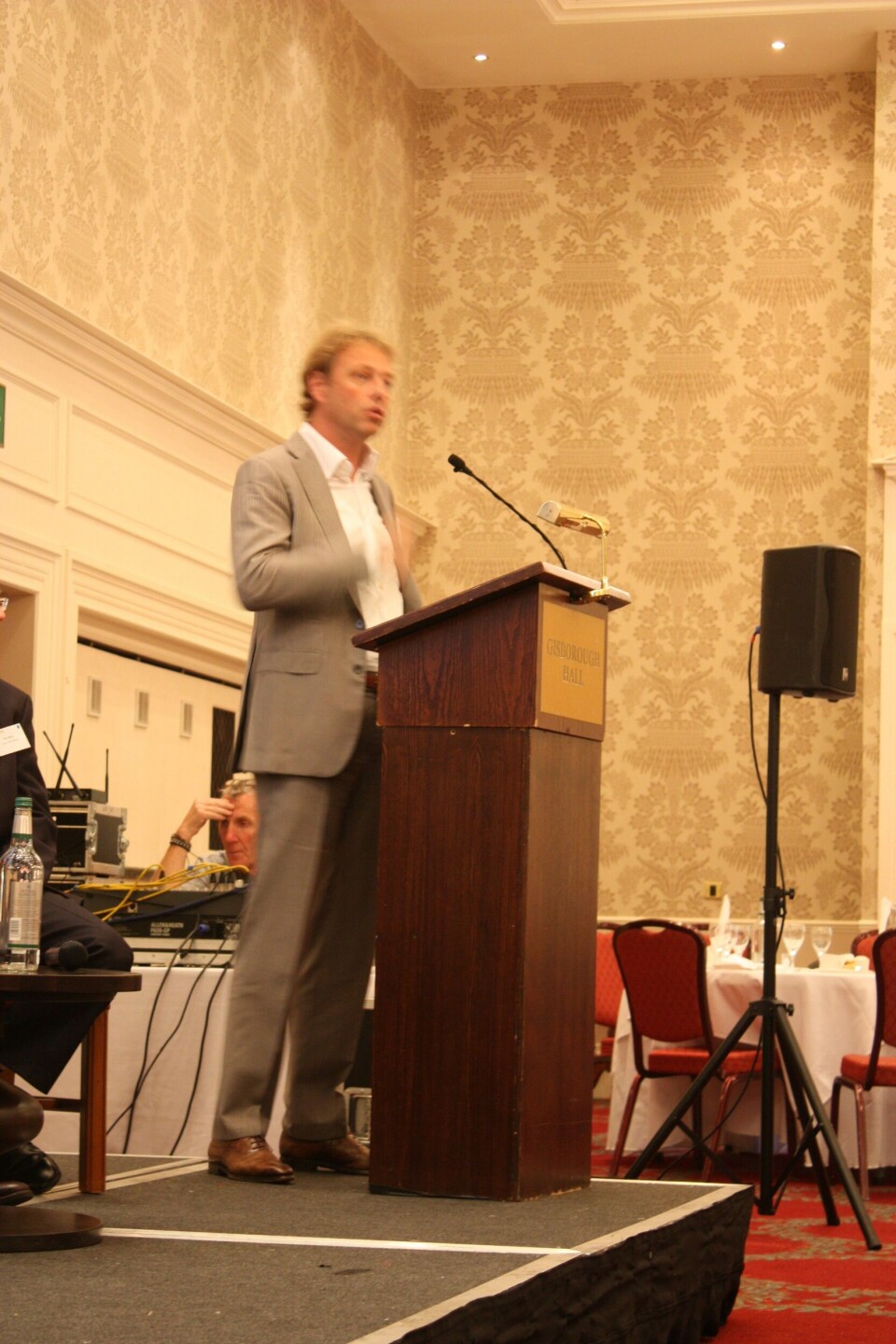
A safe bet and an ethical investment?
Investors have been attracted to Calysta's Feedkind microbial protein both due to its proven success as a fishmeal substitute and due to its sustainable and ethical credentials.
Three of the main attractions for investors, according to Calysta's CEo, Dr Alan Shaw, are that the technology behind the creation of the protein – it takes 2.3m3 of methane to produce 1kg of Feekind – was pioneered by Statoil in Norway in the early 1990s; Feedkind has already been approved for use in the EU; and diets containing the protein were trialled successfully with Atlantic salmon in the 90s, before the rising cost of methane caused the project to be mothballed.
Speaking to Fish Farming Expert at yesterday’s opening of the Feedkind facility on Teesside, Dr Shaw revealed that, despite the product once more becoming economically viable, Statoil still has shares in the company so shouldn’t be suffering from “seller’s remorse”.
He added that Calysta had so far attracted “about five institutional investors” as well as capital from a number of “family and friends” – including Josh Silverman, Calysta's Chief Product and Innovation Officer, and Alan himself.
Ethical approval
One of the major investors present at the launch was Mike Velings, founder and managing partner of Aqua Spark – a Dutch investment fund established to help grow ethically sound aquaculture SMEs.

“We’ve invested about $7 million in the project to date,” he told Fish Farming Expert, “and were attracted by FeedKind’s proven track record. It’s not easy to make a good investment in feed, but we got lucky with Calysta.”
He sees sustainable feed as being an integral part of the fund’s farming investments.
“Over the next 10 years we plan to make 60-80 aquaculture investments of which 50-60 will be in [fish] farming projects,” he says.
Mike’s vision is that all these farms will share core values and sign up to a manifesto which aims, over time, to ensure that they “replace all fishmeal, all soy, all poultry and all fish oil” in their feeds with more sustainable, “natural alternatives such as microbes, insects, micro-algae and seaweeds within the next 10 years”.
Such alternatives, he explains, “have minimal footprints and don’t compete with existing forms of protein production in terms of land and water use”.
As well as the ethical element, Mike is also firmly focused on the business side and he thinks that, while it’s currently easier for feed companies to buy existing ingredients such as soy – given that “300 million tonnes of additional fish feed are required by the end of the century” – such resources will be stretched.
“As a result,” he reflects, “in the long run we can make better profits by being more sustainable”.






















































